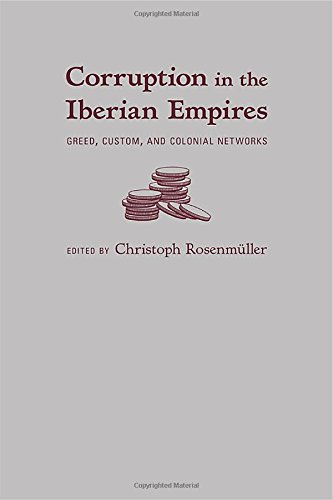

Most ebook files are in PDF format, so you can easily read them using various software such as Foxit Reader or directly on the Google Chrome browser.
Some ebook files are released by publishers in other formats such as .awz, .mobi, .epub, .fb2, etc. You may need to install specific software to read these formats on mobile/PC, such as Calibre.
Please read the tutorial at this link: https://ebookbell.com/faq
We offer FREE conversion to the popular formats you request; however, this may take some time. Therefore, right after payment, please email us, and we will try to provide the service as quickly as possible.
For some exceptional file formats or broken links (if any), please refrain from opening any disputes. Instead, email us first, and we will try to assist within a maximum of 6 hours.
EbookBell Team

4.4
42 reviewsThe authors show that corruption was a powerful discourse in the Atlantic world. Investigative judges could dismiss culprits, jail them, or, sometimes, have them “garroted and their corpses publicly displayed.”
The past decade has witnessed a renewed interest in empires, in the mechanisms, structures, and personnel of government, and in what was permitted, restricted, suffered, or castigated in the governing of early modern Iberia and its overseas dominions.
This volume, which presents relatively short essays by nine authors, is devoted to the concept of corruption, a term originally limited to the subversion of justice—one of the principal attributes and justifications of a monarch's authority—but whose valence and meaning in the early modern era expanded to include any abuse or violation of laws, practices, or customs of governmental institutions.
It is useful to remember that the Iberian kingdoms were precocious in fusing medieval patrimonial practices of government to a new Weberian administrative rationalism, thus creating a mixed system of governing